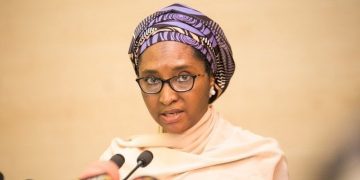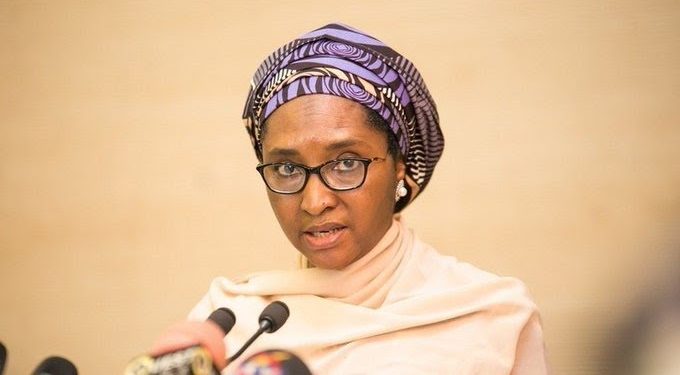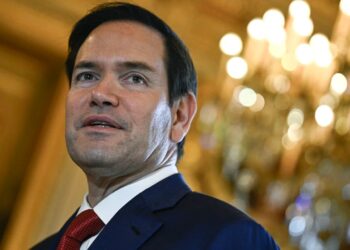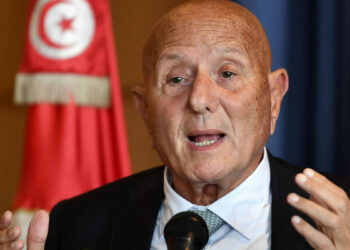By Enyichukwu Enemanna
Federal Government of Nigeria on Wednesday announced an $800m palliatives for 10 million households or 50 million Nigerians from World Bank in form of cash, ahead of the planned removal of subsidy on petroleum in June.
The $800m fund forms the first tranche of palliatives and is ready to be disbursed to 50 millions vulnerable citizens of the country, Minister of Finance, Budget and National Planning, Zainab Ahmed, told reporters after this weekly Federal Executive Council in Abuja chaired by President Muhammadu Buhari.
“There’s a provision (of the Petroleum Industry Act) that says 18 months after the effectiveness of the PIA that all petroleum products must be deregulated. That 18 month takes us to June 2023.
“Also, when we were working on the 2023 Medium Term Expenditure Framework and the Appropriation Act, we made that provision to enable us to exit fuel subsidy by June 2023.
“We’re on course, we’re having different stakeholder engagements, we’ve secured some funding from the World Bank, that is the first tranche of palliatives that will enable us to give cash transfers to the most vulnerable in our society that have now been registered in a national social register.
“Today, that register has a list of 10 million households. 10 million households are equivalent to about 50 million Nigerians,” the Minister explained.
On the actual amount received from World Bank, the Minister said “$800m for the scale-up of the National Social Investment Programme at the World Bank. And it’s been secured, it’s ready for disbursement”.
Minister of Labour and Employment, Dr Chris Ngige had earlier hinted that the President-elect, Bola Tinubu would shoulder the responsibility of providing palliative measures for millions of Nigerians ahead of the total removal of petrol subsidy in June 2023.
The Finance Minister underlined that a wide-ranging negotiations are ongoing to deploy non-cash palliatives such as a “mass transit” system for workers’ daily commute.
“So there are several things that we’re still planning and working on, some we can start executing quickly, some are more medium-term implementation.
“There are a lot of discussions going on at different levels, including with members of the transition committee of the incoming government,” she said.

































